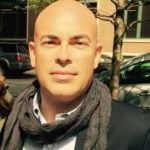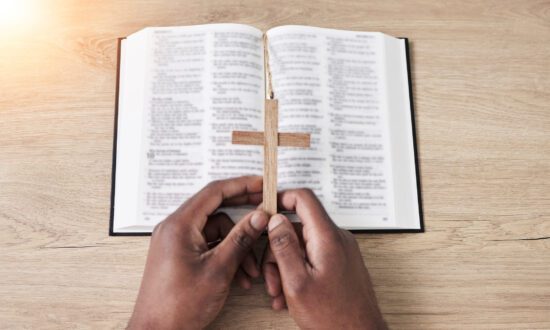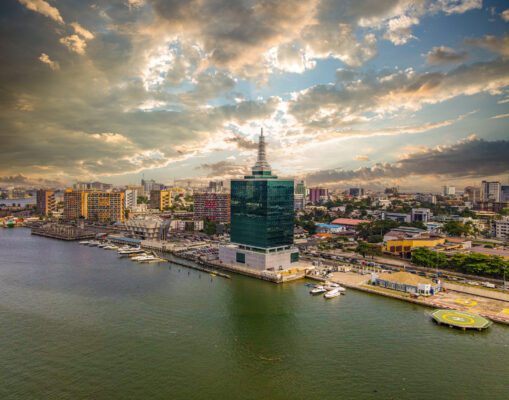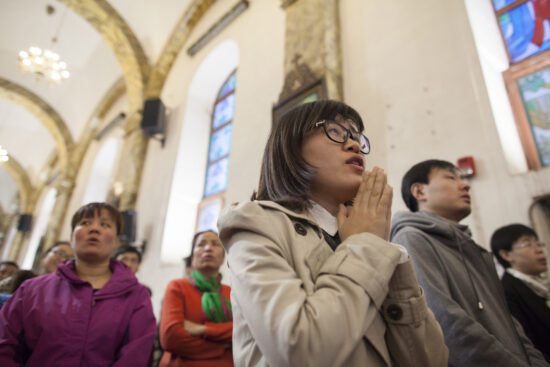As young evangelicals speak up for the vulnerable and voiceless on issues like human trafficking and racial reconciliation, a defining mark of their motivation is a conviction that the gospel of Christ has implications for how the people of God shape a just society. Such an understanding properly includes those marginalized or persecuted for their religious belief.
In an era when religious persecution victimizes entire communities and nations, certainly we can consider such persecution a social injustice. One of the most practical antidotes available to protect against religious persecution and marginalization is international religious freedom.
Pursing justice through prayer
Historically, Christians who pursued justice viewed prayer as the unwavering force that sustained their convictions in the face of great opposition. This is as true for those in the modern international religious freedom movement as it was for the movements to abolish the slave trade and oppose Nazi totalitarianism in Germany.
It is through prayer that God convicts us to pursue justice for the vulnerable and voiceless. Through prayer, he strengthens us and guides our efforts. Prayer also keeps our work focused on worshipping him and protects us from our own tendency to turn ideals into idols. Lastly, prayer submits our convictions to God’s timing, his guidance and his sovereignty.
For William Wilberforce and the Clapham Group, prayer and Bible reading kept their convictions thriving for more than 20 years, even in the face of daunting political, economic and societal forces. Wilberforce radically changed history by bringing about the demise of the global commercial slave trade, yet he was utterly aware of his weakness and dependence on God.
The fruit of our prayers
The modern fight for international religious freedom has been and continues to be interwoven with prayer. In the 1960s and 1970s, Romanian pastor Richard Wurmbrand awakened the American church to the suffering of Christians behind the Iron Curtain through his book Tortured for Christ. Pastor Wurmbrand and his wife subsequently began the non-governmental organization (NGO) Voice of the Martyrs (VOM), which continues to advocate for the freedom of persecuted Christians around the world.
VOM was one of the organizations that spearheaded the International Day of Prayer for the Persecuted Church (IDOP), along with the World Evangelical Alliance (WEA) and Open Doors, among others. During the 1990s, this movement grew to more than 100,000 American churches and galvanized Christians to become increasingly aware of religious persecution as a social justice issue, eventually taking the form of political action promoting international religious freedom.
The work of Christians in the IDOP movement and a diversity of religious leaders and other human rights advocates led to the passage of the International Religious Freedom Act (IRFA) by the U.S. Congress in 1998. The IRFA created an Office of International Religious Freedom (IRF) in the U.S. Department of State led by an Ambassador-at-Large, along with the independent, bipartisan U.S. Commission on International Religious Freedom (USCIRF). Because of the IRFA American diplomats around the world are now charged with promoting religious freedom as part of our foreign policy.
Today, a decade and a half later, there is a vibrant international religious freedom community in Washington D.C. that works to promote religious freedom for all global citizens as enshrined in Article 18 of the Universal Declaration of Human Rights. In fact, the International Religious Freedom Roundtable, a space for conversation among NGOs and religious organizations that enables them to organize and advocate for religious freedom, is perhaps the most socially politically, and religiously diverse gathering of its kind in recent memory.
The U.S. Congress regularly holds hearings and briefings on the state of religious freedom in countries around the world, and both the IRF office at the State Department and USCIRF issue annual reports detailing instances of religious freedom abuses. The State Department annually designates Countries of Particular Concern (CPCs) to highlight countries that “engaged in or tolerated particularly severe violations of religious freedom.” In 2014, there were nine CPCs: Burma, China, the Democratic Republic of North Korea (DPRK), Eritrea, Iran, Saudi Arabia, Sudan, Turkmenistan and Uzbekistan.
Persistent prayer still needed
The promotion of religious freedom is more than a critically important justice issue and basic human right; it’s also a key factor in promoting economic stability, global security, civil society, gender equality and democracy. The research of social scientist, Brian Grim, has detailed the impact of restricting religious freedom and resulting social hostilities, which can create an environment for religious extremism to flourish.
Despite progress since 1998, the need for churches and Christians to pray is no less urgent, and perhaps even greater today. As a previous article in this series described, Christians around the world are facing increased persecution in many countries. They need our prayers, just as Wilberforce and Wurmbrand needed the prayers of their generations. International religious freedom advocates throughout the world hear one thing directly from those communities who suffer for their faith, “please pray.”
Here are few thoughts on prayer from our friends in the fight for religious freedom:
"We are one body, and what happens to the eye matters to the hand; what happens to the hand matters to the eye. The Church suffers together." – Congressman Joe Pitts, Co-Chair, Tom Lantos Human Rights Commission, U.S. House of Representatives
“When I was a prisoner, prayers were my life line, a light in the middle of the darkness. Without them I knew that I would be fighting alone, but with them I knew that God was with me.” – Reverend Majed El Shafie (Egyptian convert to Christianity)
"The fact that believers in other places are concerned and pray for their persecuted families makes a major difference to those suffering. Over and over the report of people in hostile nations respond when asked how can we help you, their response is please pray for us." – Peggy Dau, Voice of the Martyrs, USA
So, what can you do? Here are a few suggestions:
- Pray with your family and friends.
- Tell others of the need for prayer and the reality of religious persecution occurring throughout the world.
- Encourage your church to pray for the persecuted throughout the year.
- Organize an IDOP prayer event with your local church.
May the Lord be pleased to glorify his name and move mountains as we join our voices to cry out on behalf of our brave brothers and sisters around the world.











